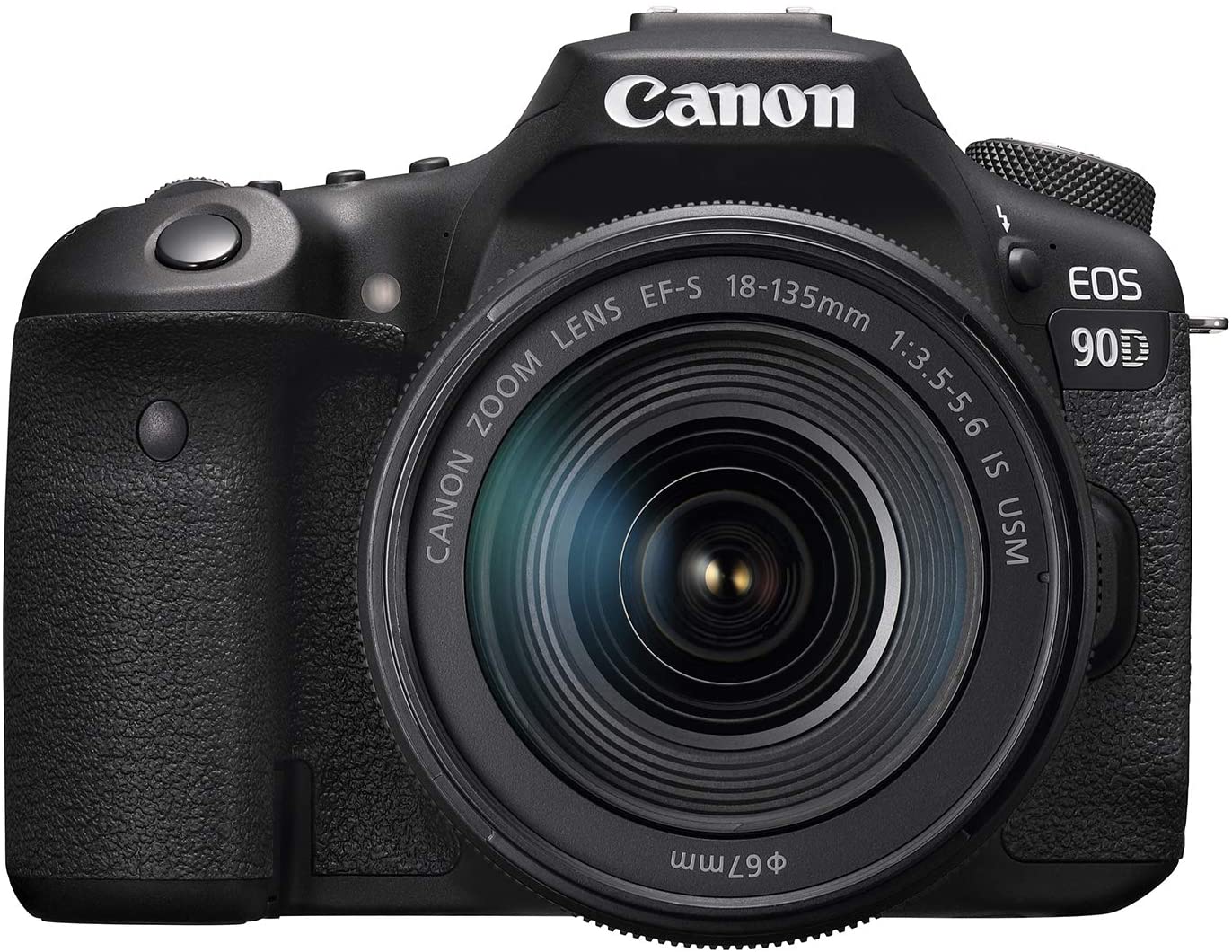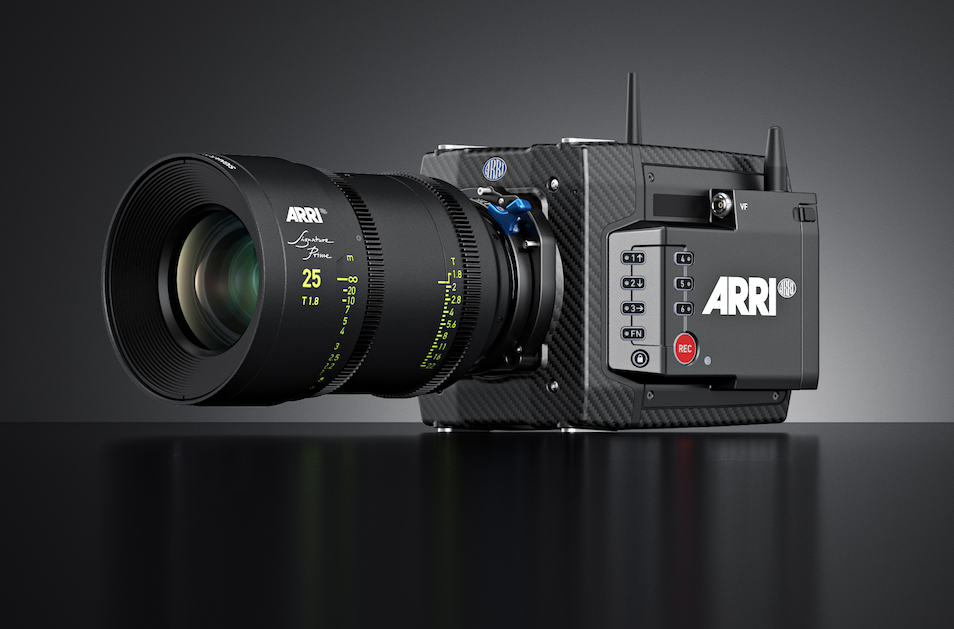
You've probably thought about taking an online course in photography. An intermediate course can offer many benefits such as 8 weekly sessions of instruction, image reviews online and extensive support. In addition to a basic knowledge of photography, you'll need a tripod, a flash diffuser, and a speedlight flash for portraiture. The course includes hands-on practice and computer training. Register today for the course that suits you best!
Techniques
Intermediate photography courses are perfect for those who want to improve their photographic skills. This course will teach advanced camera functions, how to use manual mode, as well as creative techniques. It is a full-day course which follows on from the half day Beginners course. This course is for you if you have been taking photos for some time and are looking to improve your photography skills. This course will teach you how to use your DSLR and other techniques that can enhance your photography.

Approaches
An Intermediate Photography course is a great way to improve your photography skills. This course expands upon the basics of digital photography and guides you to a more advanced working knowledge of the medium. You will be able to use various creative techniques and learn technical ways of creating images. You'll also learn to edit advanced techniques and how to shoot in manual mode. Your own creative portfolio will be created with at least 10 files.
Prerequisites
Intermediate photography is a practical class that teaches you the basics and techniques of using your camera. The course covers exposure triangle, camera techniques, lens selection and focusing, toning and various genres. This course will introduce students to many digital tools and techniques. Photoshop is often used by intermediate photographers to enhance their images. Intermediate photography requires a basic knowledge of computer software and digital imaging.
Course fees
Students interested in an advanced photography course can look into attending an online or local institute to further their studies. Online institutes can be less expensive than their campus-based counterparts. Although most courses are free of charge, some courses may require you to pay a fee for access or materials. Students must also provide their own cameras. This can lead to out-of-pocket costs. Discounts at certain universities can offset this expense.

Class size
If you're considering taking an intermediate photography class, you'll be pleased to know that there are plenty of options available to you. There are two types: one for beginners, and one for experienced photographers. You can choose between intermediate or beginner classes, depending on your experience level. The beginner class will only hold 8 participants. While the advanced class will accommodate people who are familiar with both types and have some experience with them, it is limited to eight participants. Beginners should buy a DSLR before enrolling in class.
FAQ
What is the rule or thirds?
The rule of Thirds allows you to create unique compositions with minimal camera settings. It divides your image in nine equal parts, vertically and horizontally. This creates three main areas where you want your subject to appear. These areas are the top, middle and bottom. These areas can serve as guides to help you position your subject within your frame.
The rule of Thirds helps you avoid placing crucial elements too close together. You might not have enough space between them for a strong visual impact if you put them close together. If you put them too far apart, they might lose focus because there isn't much room around them.
Should I take up photography as a hobby or a profession?
Photography is a wonderful way to share memories with family and friends. Photography allows you to see the world from a different perspective.
You can find many online resources to help you learn how to take better photographs.
Consider enrolling at local art schools or community colleges. This allows you to meet other photographers who can provide valuable feedback on your work.
What is the best camera for beginners?
The best camera for beginners depends on your budget, needs, and skill level.
You might consider a point-and shoot digital camera if you are trying to save money. These cameras can be very versatile, but they offer excellent quality.
Digital Single Lens Reflex cameras come with interchangeable lenses which allow you to capture different types of images. While they are more expensive than point and shoots, they offer much more flexibility.
For those new to photography, a beginner's kit is a great place to start. Everything you need, including a flash, tripod, memory card and camera body, will be included in the one-pack.
Make sure to purchase extra batteries.
Is digital photography hard?
Digital photography isn’t as easy as you may think. It takes time to master the tools. You must know the right settings for different types shots. You can learn best by doing. Practice makes perfect.
What Camera Should I Get
All depends on the type of photographer that you want to be. A basic point and shoot camera is enough if you are just starting.
However, once you've mastered the basics, you'll likely want something more advanced. It really is up to you what you prefer.
These are some things you should consider before buying a camera.
-
Features: What features are you looking for? Do you plan to use manual settings, autofocus, or both? How many megapixels do you have on your camera? Is there a viewfinder?
-
Price: How much will you spend? Do you plan to update your camera every other year?
-
Brand: Do you feel satisfied with the brand you choose? There's no reason why you should settle for less than the best.
-
Functionality: Does your camera perform well in low light conditions? Do you have the ability to take high-resolution pictures?
-
Image Quality - How clear and sharp is your image quality?
-
Battery Life: How many charges will your camera take to run out?
-
Accessories: Are you able to attach additional lenses or flashes? ?
Statistics
- While I cannot prove that all of those spots were not sensor dust, the photo was taken during a heavy snowstorm…so I guess that 99.8% of the spots are snowflakes. (bhphotovideo.com)
- The second easiest way to get blurry photos 100% of the time is to use a cheap filter on the front of your lens. (photographylife.com)
- That's the easiest way to get blurry photos 100% of the time. (photographylife.com)
- In this case, 100% of readers who voted found the article helpful, earning it our reader-approved status. (wikihow.com)
External Links
How To
What skills are required to become a photographer?
The basic skills required for any photography job include technical knowledge, artistic ability, and business acumen.
Technical knowledge includes understanding exposure settings, camera functions, lens types, film speeds, and developing techniques.
An artist's ability is to understand composition, lighting, and pose.
Business acumen covers budgeting, scheduling, time management, and dealing with clients.
If you want to become a professional photographer, then you should have an interest in photography from a young age.
Photography classes can be taken at schools, colleges, or online.
You can also find many books that will teach you everything about photography.
As well to learning about photography, it is important to develop your own style.
This will allow your to stand out in this field.
Photography has changed throughout the years. In the past people used cameras like the Kodak Instamatic or Polaroid instant camera.
Digital cameras are increasingly popular today. Photographers these days use smartphones to take pictures.
You can get a smartphone that captures high-quality pictures, but if photography is your passion, you must invest in a DSLR camera (Digital Single Lens Reflex).
A DSLR allows you to control every aspect of your photo, including shutter speed, aperture, ISO sensitivity, white balance, and focus.
These features can be used to create amazing photographs and other effects.
You can also use these controls to alter the mood of your photograph.
For example, a fast shutter speed could blur your subject.
You can also make the images appear as if they are moving by increasing their light input.
A color temperature adjustment can be used to modify the mood in your image.
To give the image a warmer feeling, increase the red content if there is a lot of blue light.
To begin with, you may find it difficult to know which direction to point your camera.
Once you get the basics down, it will be easy to see that it's not difficult at all.
In fact, it is much easier than you think!
You will likely start off by only shooting landscapes and close-up shots.
Do not worry! As you gain experience, your ability to capture portraits and abstracts will improve.
Once you've mastered the basics you can move on and learn more advanced subjects.
These tips will help you get started.
-
Select a location that is convenient. You should choose somewhere you feel comfortable and relaxed.
-
Find something to photograph. Try to find unusual or unique objects.
-
Make sure to take lots of practice photos. Practice makes perfect!
-
Experiment with different angles. Different angles are best depending on what goal you're trying to reach.
-
Use different lenses. Different lenses provide different perspectives.
-
Shoot in low-light conditions. Shooting under bright sunlight can be very challenging.
-
Learn how to frame your shot. It is important to practice framing your shot when taking a photograph.
-
Learn how to use your camera settings. Spend time playing with your camera settings. This is the best way to improve your photos.
-
Keep learning new techniques. There are many methods to learn photography. Check out local museums, galleries, museums and libraries.
-
Read magazines and books. Reading about photography will teach you everything you need to know.
-
Join a club. Photo clubs often organize events to encourage members and their work.